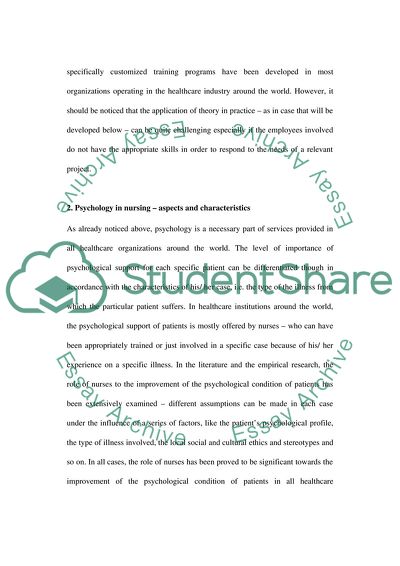Cite this document
(Psychology in Nursing Aspects and Characteristics Case Study, n.d.)
Psychology in Nursing Aspects and Characteristics Case Study. Retrieved from https://studentshare.org/psychology/1714876-how-psychology-relates-to-nursing
Psychology in Nursing Aspects and Characteristics Case Study. Retrieved from https://studentshare.org/psychology/1714876-how-psychology-relates-to-nursing
(Psychology in Nursing Aspects and Characteristics Case Study)
Psychology in Nursing Aspects and Characteristics Case Study. https://studentshare.org/psychology/1714876-how-psychology-relates-to-nursing.
Psychology in Nursing Aspects and Characteristics Case Study. https://studentshare.org/psychology/1714876-how-psychology-relates-to-nursing.
“Psychology in Nursing Aspects and Characteristics Case Study”, n.d. https://studentshare.org/psychology/1714876-how-psychology-relates-to-nursing.


